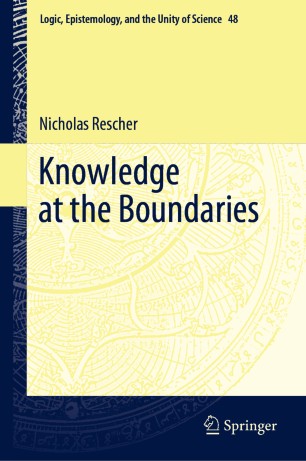

Most ebook files are in PDF format, so you can easily read them using various software such as Foxit Reader or directly on the Google Chrome browser.
Some ebook files are released by publishers in other formats such as .awz, .mobi, .epub, .fb2, etc. You may need to install specific software to read these formats on mobile/PC, such as Calibre.
Please read the tutorial at this link: https://ebookbell.com/faq
We offer FREE conversion to the popular formats you request; however, this may take some time. Therefore, right after payment, please email us, and we will try to provide the service as quickly as possible.
For some exceptional file formats or broken links (if any), please refrain from opening any disputes. Instead, email us first, and we will try to assist within a maximum of 6 hours.
EbookBell Team

4.8
24 reviewsThe book offers a reflection on the nature, scope, and limits of knowledge that have been at the focus of the author's work over decades. The essays collected in this volume expound and extend these efforts in exploring the outer fringes of understanding: the outer boundaries of conceivability, the limits of cognition, and the ramifications of ineffability and paradox. They join in exploring the lay of the land at the boundaries of knowledge.
The first chapters address basic facts regarding the conceptualization of knowledge. This is followed by a study on how to deal with problems relating to the affirmation and considerations of truth. The final chapters scrutinize the limits of demonstration and the inherent impossibility of realizing an ideal systematization of our knowledge of totalities. The book affords novel perspectives regarding the thought of a widely appreciated philosopher. It is an original work aimed for readers interested in the theory of knowledge and philosophy of cognition.